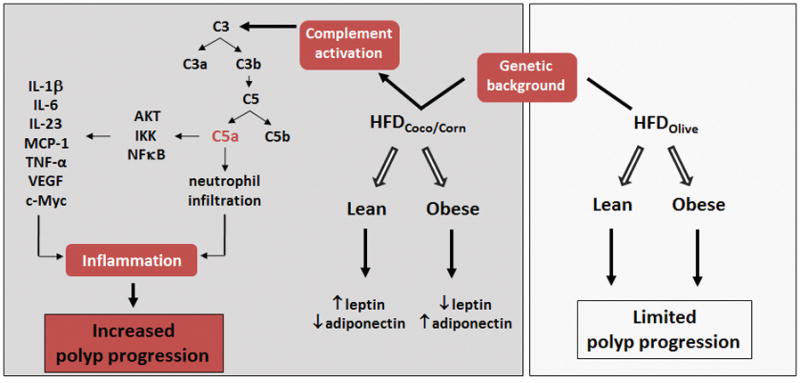Figure 7. Molecular mechanisms determining HFD-induced intestinal polyp progression.

Diets high in specific dietary fats induce an inflammatory environment in the intestine that promotes intestinal tumorigenesis in genetically susceptible APCmin/+mice, independent of obesity and related metabolic conditions. HFD containing coconut or corn oil as a source of saturated fat induce complement activation with subsequent release of C5a. C5a in turn induces the infiltration of inflammatory neutrophils to the intestinal lamina propria and activate the AKT/IKK/NFκB signaling pathway in intestinal cells with consequent production of pro-inflammatory mediators such as IL-1β, IL-6, TNF-α and the proto-oncogene c-myc. Conversely, mice fed a HFD containing olive oil as a source of fat gained significant body weight, but did not promote a pro-inflammatory environment or development of polyps in the intestine.
